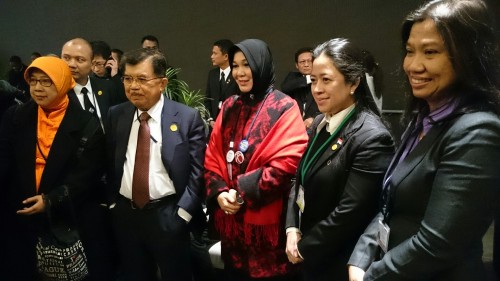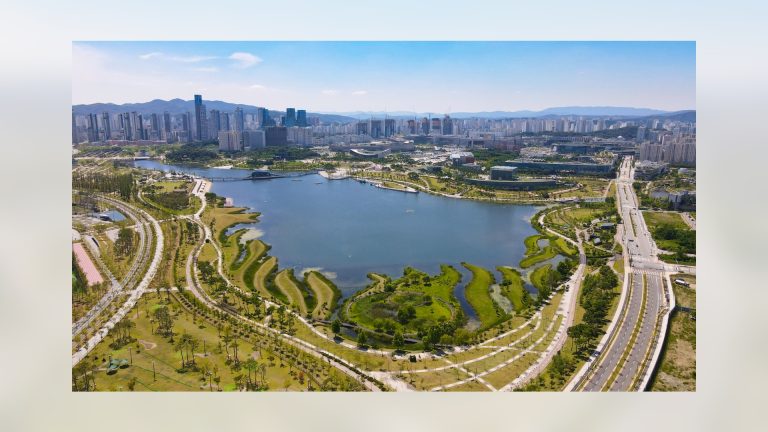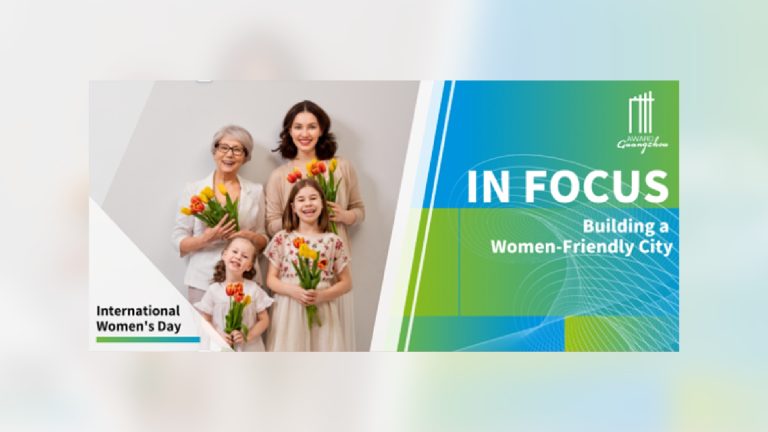THIS is the official statement of Local and Regional Authorities Major Group at UN World Conference on Disaster Risk Reduction, Sendai, Japan, 17 March 2015,
Dear Secretary General,
Distinguished Ministers and Governmental Representatives,
Dear Mayors and Local Officials from around the world,
Dear colleagues and friends,
As Mayor of Banda Aceh in Indonesia, it is an honor for me to officially address the 3rd UN World Conference on Disaster Risk Reduction (3WCDRR) on behalf of the Major Group on Local and Regional Authorities, and their global networks United Cities and Local Governments and ICLEI – Local Governments for Sustainability.
Allow me first to thank the hosts for the wonderful hospitality that was shown to us during these days.
As we witnessed four years ago, this very month here in Japan, and as we repeatedly see all over the world, local authorities are the first line of defense and the first responders when disasters occur. When populations are impacted, they reach out for assistance from their local authorities. In turn, local authorities are increasingly taking the initiative at enhancing their preparedness and capacities to be able to prevent losses and provide an effective and immediate response.
The world is rapidly changing since the last Hyogo Framework for Action. The urban population now accounts for over half of the global population making urban centers the dominant habitat for humankind. Further, as drivers of economic growth and asset creation urban areas are increasingly in need of risk management strategies.
Even though progress has been made since the adoption of the first Hyogo Framework for Action, and despite proactive initiatives undertaken by several local authorities, they are still significantly lacking in technical, financial and institutional capacities to be able to fully respond to this challenge, especially in highly vulnerable regions of Asia-Pacific, Africa and Latin-America.
Cities are the first level of governance dealing with disaster risk reduction. National governments must develop strategies together with local authorities in order to build their capacities. This can only be done if there are improved local-national dialogues and decentralization processes are undertaken to give the necessary powers and resources to local authorities. This would also help local authorities to better evaluate, monitor and ensure reporting on disaster risks.
United Cities and Local Governments, as World Organization for Local Governments, has made since 2008 resilience a priority of its political and policy agenda. Over 1,000 cities have joined the “Making Cities Resilient Campaign” with the support of ICLEI and UCLG to raise awareness and take concrete actions on disaster risk reduction. Since 2010, cities are meeting annually to monitor their progress and have already been adopting charters that aim to synergize mitigation, adaptation, disaster risk reduction and sustainable development strategies.
Dear friends, local authorities from around the world call for a true localization of the new framework for action. In the implementation of the new framework, we call for localizing actions in preventing risks, responding to disasters, and for post-disaster recovery. These should be essential parts of the new framework for action.
We appreciate the references to the ‘local level’ that have been included in the new framework, but strongly continue to urge national governments to recognize local and subnational authorities as their governmental stakeholders. In turn, we commit to the set of 11 actions that have been documented in the Sendai Declaration, and which will support and complement the DRR efforts and commitments of our respective national governments.
Dear Ministers, dear Colleagues, left unchanged, current development patterns and behaviors could contribute to social, environmental and economic degradation and injustice. We, local authorities, remain highly engaged and committed, individually and at the international level through our networks to make our cities more resilient. But we will not make it alone and we urge national governments, agencies and all relevant bodies to continue empowering local authorities and supporting local actions, cooperation and mutual learning for disaster risk reduction and the implementation of the new framework.
Thank you.











